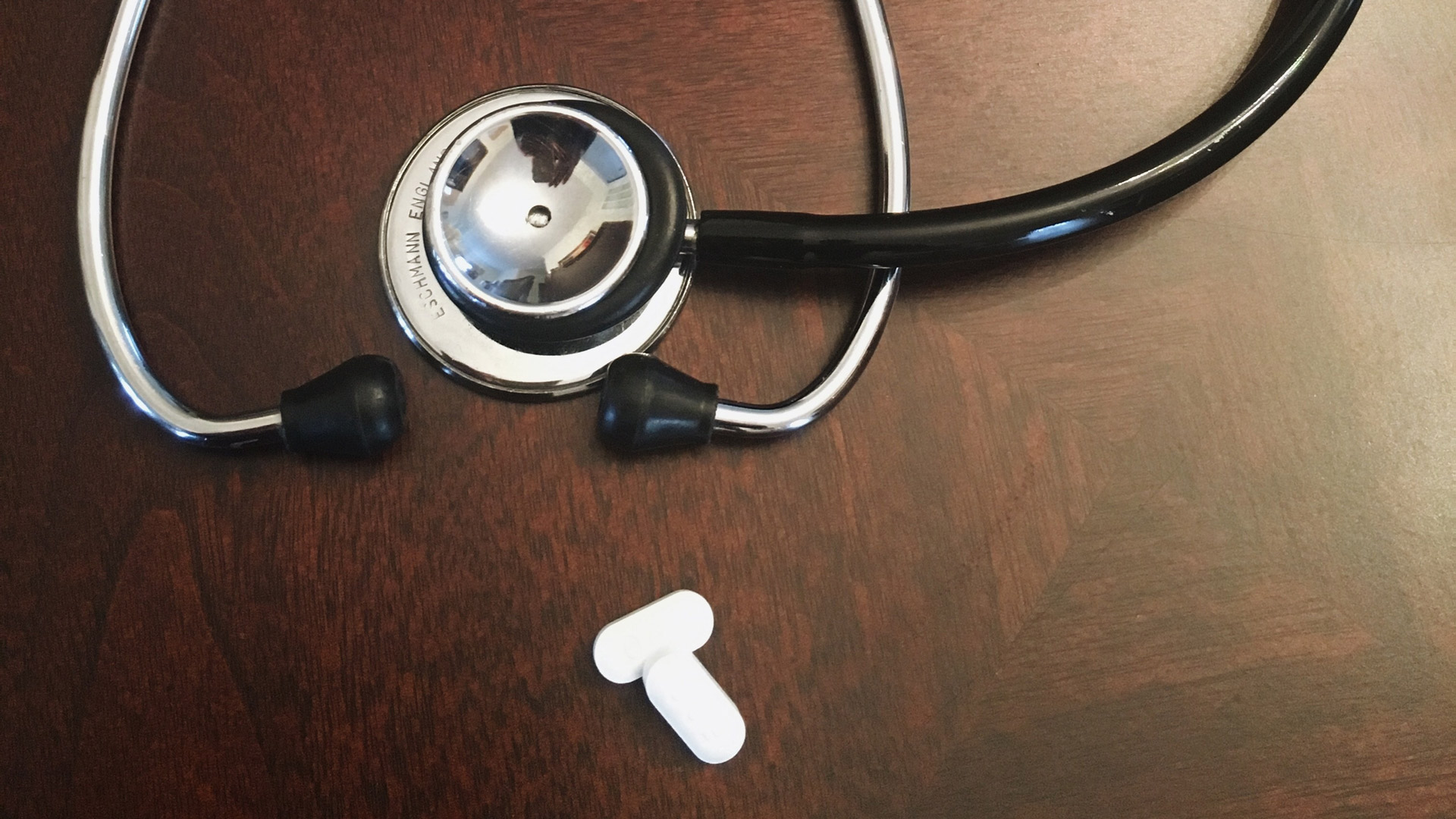
On Thursday, January 3, 2019, the state of Georgia filed a lawsuit against drug companies for deaths related to opioid overdoses. The state’s government has accused drug companies of flooding Georgia with pain relieving drugs and gaining profit from people becoming addicted.
The lawsuit, which was brought about by the Georgia Attorney General, states that pharmaceutical companies should be held responsible for over 1,000 deaths of Georgia residents who experienced opioid overdoses in 2017.
In addition to Georgia, there are 29 other states that have issued an outcry, stating that numerous pharmaceutical companies have instigated the national opioid crisis by pushing doctors to prescribe too many of the drugs to patients who ultimately became addicted. They have also accused the drug companies for the high numbers of opioids being sold on the streets throughout the United States.
The Attorney General stated that both manufacturers and distributors of the drugs have added fuel to the opioid crisis and that the lawsuit was mandatory in protecting Georgia residents from suffering more harm.
The lawsuit against the drug companies is seeking amounts of money that are currently unknown to compensate defendants to cover the costs of treating opioid addiction. It also requests of a judge to prohibit drug companies from utilizing marketing tactics that are overly aggressive and from importing excessive amounts of the drugs.
Because opioid distributors want to maximize their profit, they have deliberately failed to flag any orders that appeared suspicious. As a result, according to the lawsuit, many of the drugs were sold for non-medical, recreational purposes, which led to the overdose deaths of the more than 1,000 Georgia residents.
In addition, the legal action accuses pharmaceutical companies of not relaying the great risks of addiction when issuing opioids and pushing the benefits they have for alleviating pain.
A doctor and lawyer who are representing Fulton County in similar class action lawsuits against drug companies stated that the companies turned a blind eye to make a profit while knowing too many of the drugs were coming into the area and people were becoming addicted. He further said that these actions were intentional and comparable to the lawsuits against tobacco companies from two decades ago.
There are a number of defendants named in the lawsuit, including Actavis Pharma, AmerisourceBergen Drug Corporation, Cardinal Health, Endo Pharmaceuticals, JM Smith Corporation, McKesson Corporation, Par Pharmaceutical, Purdue Pharma, Qualitest Pharmaceuticals, Teva Pharmaceutical Industries and Watson Pharmaceuticals.
OxyContin maker Purdue Pharma disputed the allegations of the lawsuit, stating that it is doing its part to address the growing opioid crisis. It also said that any of its actions are mandated by the US Food and Drug Administration. The company said in a statement that it has not acted improperly and has only gone by information from the FDA. Purdue Pharma also said it believes the lawsuit out of Georgia is inappropriate because it contradicts FDA medical experts.
Another distributor of opioids, McKesson Corporation, stated that it strives to ensure that its prescription drugs are given only for legitimate purposes to real patients who need them.
According to the Centers for Disease Control and Prevention, in 2017, there were around 47,600 deaths as a result of the opioid crisis across the nation. The executive director for the Georgia Council on Substance Abuse, Neil Campbell, said that the drugs are claiming more lives than wars and that the situation needs to be considered a national emergency.
Georgia’s lawsuit against the drug companies claims that the companies have played a large role in the 1,014 deaths of Georgia residents by overdose in 2017. The numbers come directly from the Centers for Disease Control and Prevention. If the lawsuit is successful, millions of dollars can come to the state’s government to pay for the health costs of opioid-related deaths.
Learn more about Drug Lawsuits.

